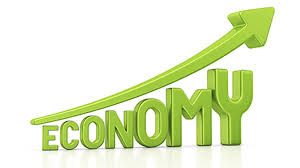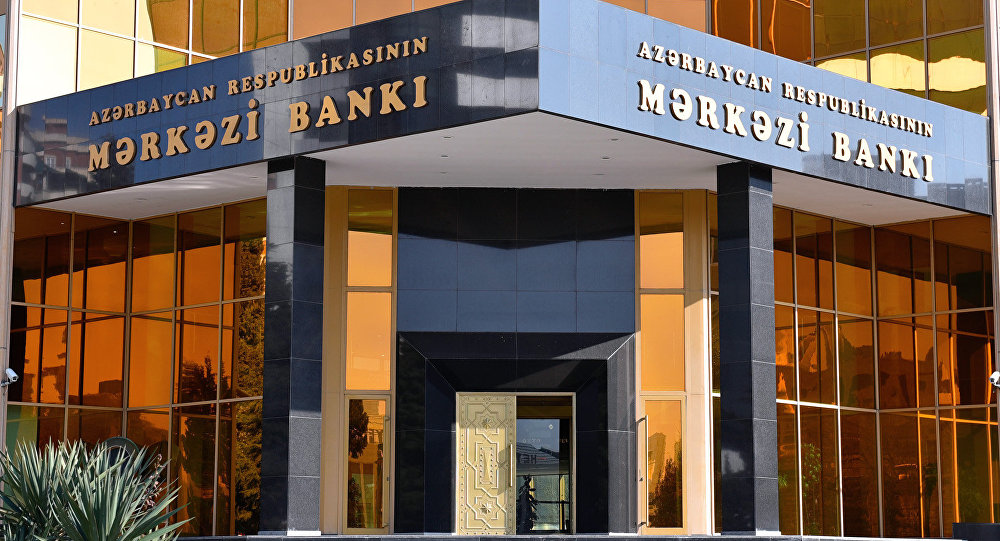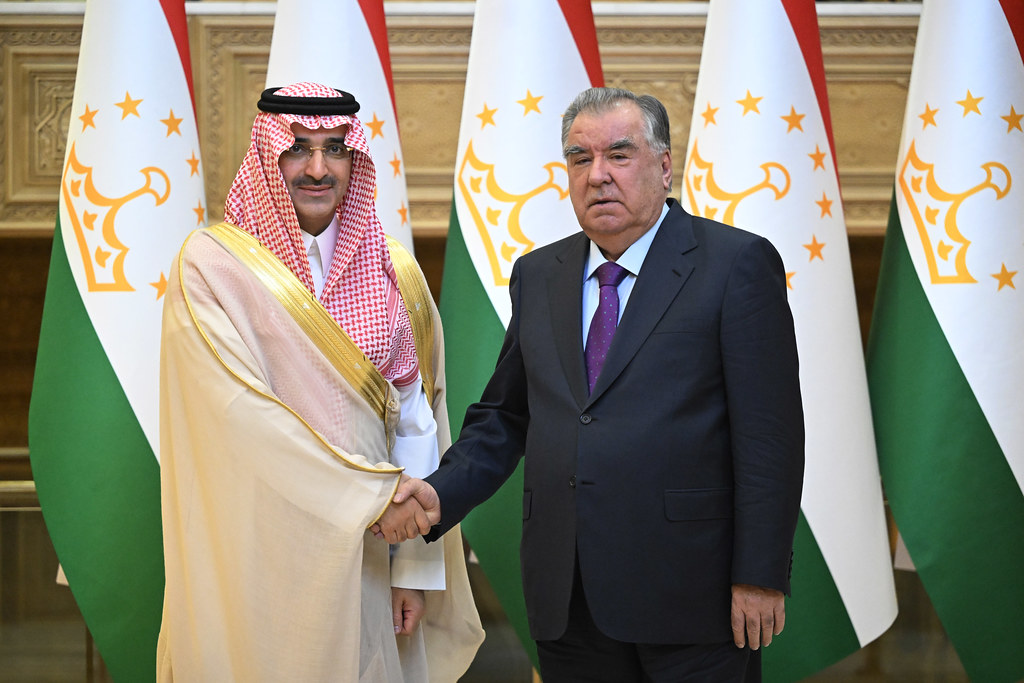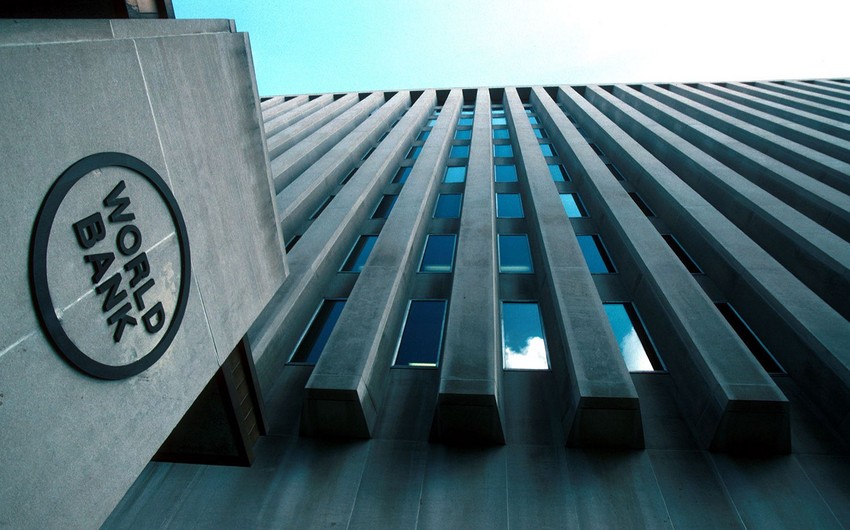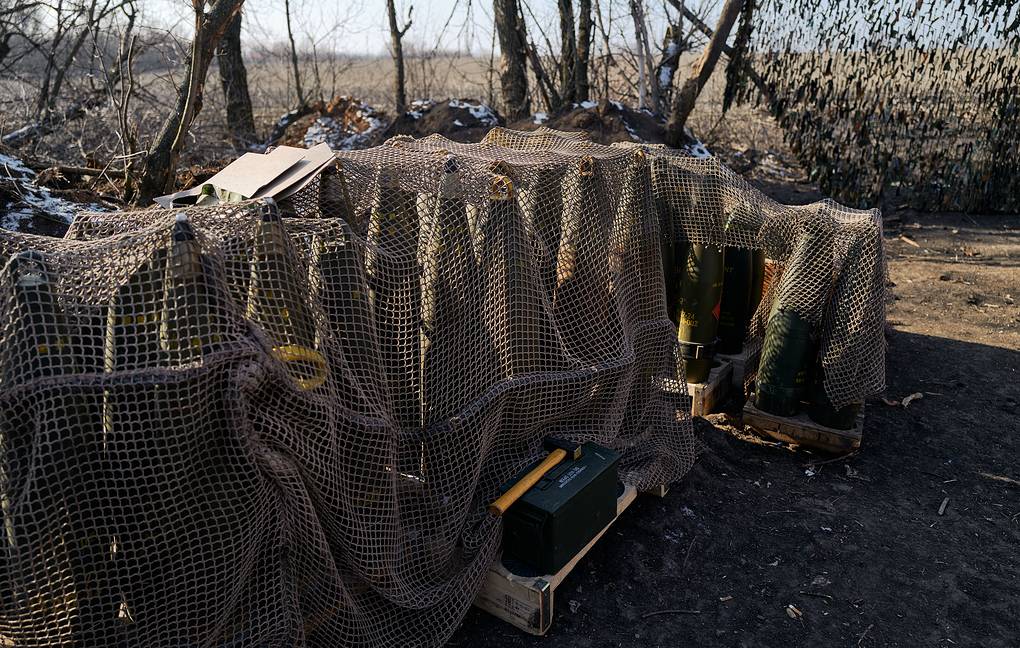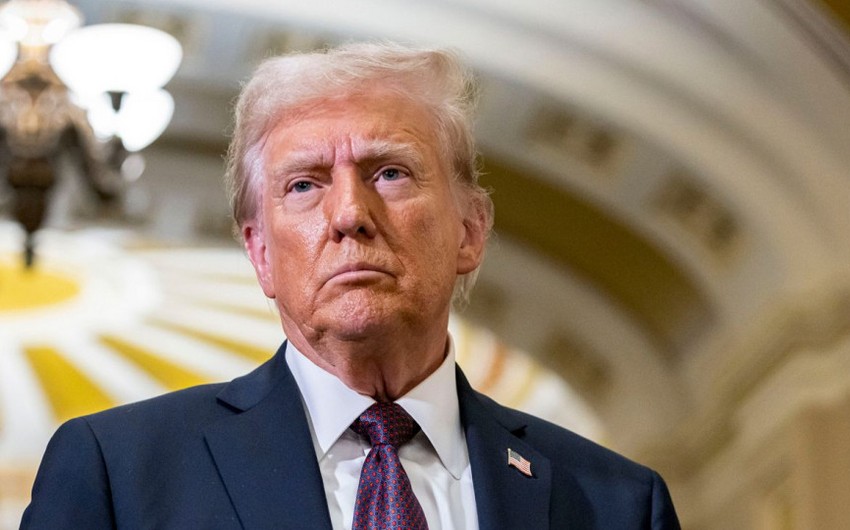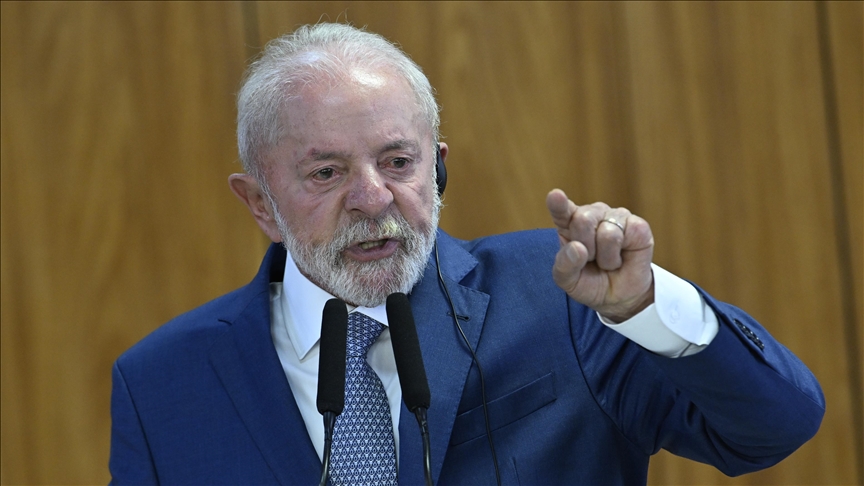With the US-China economic rivalry intensifying and “decoupling” becoming the mantra in Washington, what mindset, or economic model, is behind President Donald Trump’s response to China?
Trump is a Republican, but not as we know them. Republicans favour free international trade, markets, and small government. Recall Ronald Regan’s “the nine most terrifying words are I’m from the government and I’m here to help”.
Trump’s eagerness for a tariff-driven trade war departs from this orthodoxy. Peter Navarro, Trump’s self-styled chief economist, put this in a wider context in his recent CSIS speech: “Economic security as national security.” These are two interwoven (and confounded) themes: first, that America’s trading partners, especially China, have not played by the rules of international trade; and second, that the globalised world has undermined America’s security readiness.
Let’s look at unfair trade practices first. Navarro genuflects to the standard Ricardian model of international trade. He echoes Trump’s assertion that his ultimate aim is a world with zero tariffs. He would have us believe that Trump’s tariffs are a means to an end: a bargaining chip to correct foreigners’ unfair trade practices.
Fair enough, but Navarro’s view of what is unfair is wide-ranging. Trade and foreign investment rules should be reciprocal. America’s intellectual property (IP) rules should apply to everyone. Bilateral trade should be balanced (i.e. little or no net capital flows). Trade deficits are “giving away wealth”.
In Republican doctrine and conventional economics, these “unfair” tactics should actually have held China back: tariffs, industry protection, a distorted exchange rate, bureaucrat-run enterprises, financial subsidies, central planning, excessive regulation, and pervasive government interference should all weaken the economy. But Trump is not waiting until the China model fails or mutates. He wants to discipline it through a tariff war.
The second concern is the threat to American security preparedness from globalisation. China uses state-controlled industry policy to strengthen its defence security, while offshoring, foreign investment, and international supply chains have undercut American self-sufficiency in vital security industries and allowed vital IP to leak to potential enemies.
Navarro’s answer to China’s strategic industry policy is for America to adopt the same planned strategic industrial policy, “on-shoring” vital production. This is not just a temporary bargaining instrument. But it falls far short of “decoupling”.
READ: China makes opening bid to US on trade ahead of Trump-Xi meeting
All this could be fairly benign. Trade agreements could be renegotiated, like the NAFTA and the US-Korea agreement have been tweaked – adversely, in the view of many economic commentators, but not disastrously, as some had feared. In the process, some tariff barriers might actually fall – Europe has already shown readiness to reduce its auto-tariffs.
Security self-sufficiency (if “security” is narrowly defined) has often been an objective of governments, including Australia. For a large diverse economy such as the US, the cost in terms of trade-diversion and resource maldistribution may not be too great.
There is, however, a less benign outcome. If the objective is to inflict maximum damage on China, in the hope of significantly slowing its technological advance and the near-inevitable of China’s GDP exceeding Americas within a decade, then this seems both futile and potentially hugely damaging. Permanent measures invite retaliatory chain-reactions. In addition to the damage which conventional economics predicts, this policy rules out possibilities of compromise and cooperation, not only on security issues but on global public goods currently provided by international agencies such as the UN, the World Bank, the International Monetary Fund and World Trade Organisation. Global-wide problems such as climate change go unaddressed.
There would be more confidence in the benign outcome if Trump’s economic mindset were less confused. If Trump the dealmaker wants to use America’s heft to arm-wrestle European trade protection down and make China pay more for their IP (in 2017, they paid a not-inconsiderable $29 billion), then his confusions about bilateral trade balances, his preference for bilateral deals over multilateral, and his spurious security grounds for tariffs might not matter too much, provided other nations can maintain their multilateral focus.
By the same token, concerted policy measures to achieve greater self-sufficiency in security-vital industries may be a sensible precaution in an uncertain world, even if it offends Republican beliefs about the government’s role. Of course, America should vigorously protect its security secrets.
But it would be over-reach for Trump to see China’s detailed planning for technological progress as somehow an illegitimate product of an authoritarian system. It was Eisenhower who first fretted about the American “military-industrial complex”.
China’s sin is not its economic model. After all, China’s protectionist development model just follows in the footsteps of Japan, Taiwan, and South Korea. Successful Singapore might be seen as the exemplar for China – free-riding on the opportunities provided by globalization, attracting foreign investment through discriminatory taxes, with a government vigorously pursuing a self-interested industry strategy designed to attract strategic industries which make it stronger, more secure, and richer.
There are two key differences: scale and policy intent. Singapore has neither the capacity nor the desire to dominate the world. But if Trump is to achieve the benign outcome and develop an effective strategy in response to China’s rise, he needs greater clarity of objectives, effective instruments, and an understanding of economics which goes beyond the “art of the deal”.

